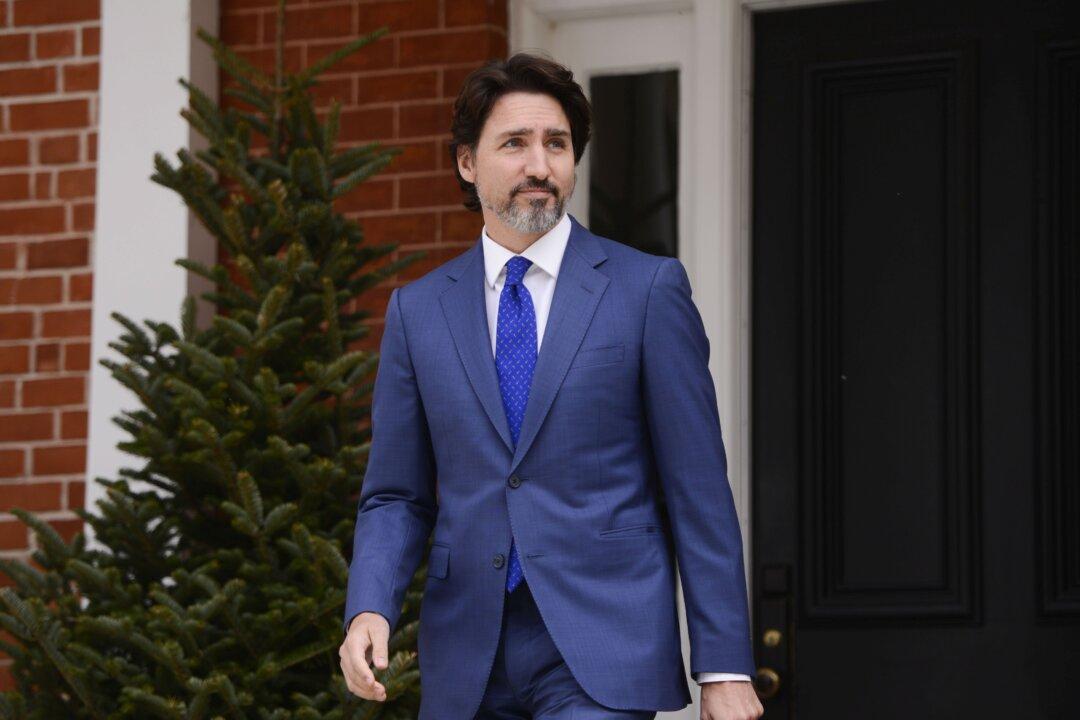Prime Minister Justin Trudeau has announced that the federal government has reached a $4 billion agreement with the provinces and territories to boost the pay of essential workers who are earning minimum wage.
“We see across the country people working on the frontlines, in essential services, in our senior care system, in our long-term care, in our health care systems and elsewhere who are making very low wages while doing extraordinarily important work,” Trudeau said during his daily briefing on May 7.





